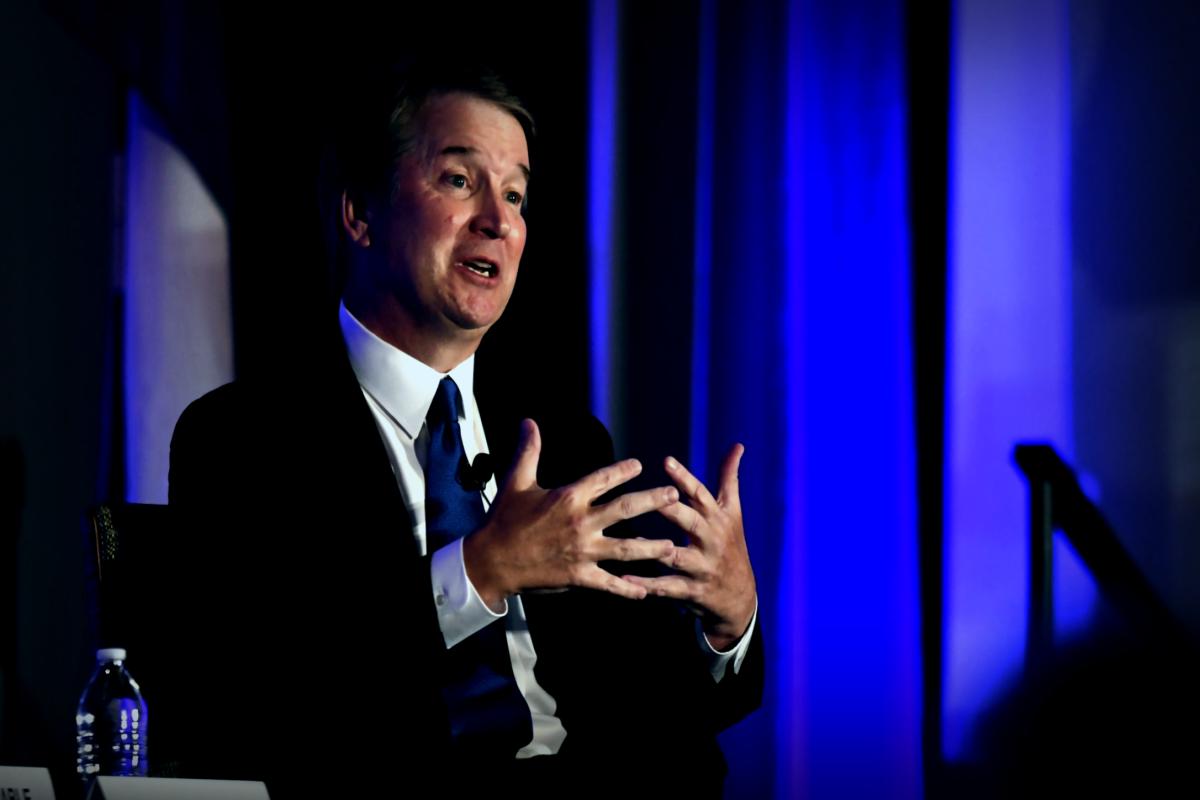On Thursday, the Supreme Court decided to allow Mississippi’s controversial social media age-verification law to move forward, dismissing an emergency appeal from the tech advocacy group NetChoice that sought to block it.
While the order was unsigned and received no notable dissents, Justice Brett Kavanaugh expressed in a separate opinion that he believes the law will most likely be deemed unconstitutional in the end.
Kavanaugh noted, “Essentially, based on the current legal framework, the Mississippi law is probably unconstitutional. However, since NetChoice hasn’t proven that the potential harms weigh more heavily in their favor right now, I agree with the Court’s decision not to grant interim relief.”
Significance of the Decision
This ruling is a significant hurdle for companies like Facebook, X, and YouTube, who maintain that this law infringes upon privacy and free speech rights. Paul Taske, co-director of the NetChoice Litigation Center, described it as “a regrettable procedural stumbling block. ”
“Though we’re not happy about the Court’s choice, Justice Kavanaugh’s remarks make it clear that NetChoice will ultimately defend the First Amendment successfully—both in this case and in broader lawsuits related to ID-for-Speech,” Taske added.
Across the country, similar legal disputes are unfolding as states look to control kids’ access to social media platforms. Experts are warning that social media usage is linked to rising rates of anxiety and depression among young audiences.
Key Information
NetChoice represents several top tech giants, such as Google (parent company of YouTube), Snap Inc. (owners of Snapchat), and Meta (which includes Facebook and Instagram).
They are currently challenging Mississippi Attorney General Lynn Fitch concerning the Walker Montgomery Protecting Children Online Act, which mandates age verification for users on social media platforms.
In the brief submitted by Fitch and her legal team, they argued that this law addresses “sexual abuse, trafficking, physical violence, sextortion, and more,” saying these issues aren’t protected by the First Amendment.
Back in 2024, U.S. District Judge Sul Ozerden placed a temporary injunction against the law. However, this July, the 5th Circuit Court of Appeals decided that the law can be enforced while the legal proceedings continue.
Reactions
Justice Brett Kavanaugh: “NetChoice has shown, in my opinion, a good chance of prevailing on this matter due to serious First Amendment violations under current precedents.”
NetChoice attorneys: “This law threatens the internet’s original promise of open communication with its barricades, making it difficult for users to access their speech, which courts agree was unconstitutional in various cases.”
Responses from Mississippi AG Lynn Fitch: “The Act calls for responsible actions that any conscientious platform would take, demanding only as much effort to protect minors as reasonably can be managed by the resources at hand.”
What to Expect Next
The law will remain active as the legal battle continues.
This report incorporates information from the Associated Press.
Do you think Newsweek should look into a specific story? Have questions about this report? Reach us at LiveNews@newsweek.com.
Update 8/14/25, 5:19 p.m. ET: Additional details were added to this article.




















